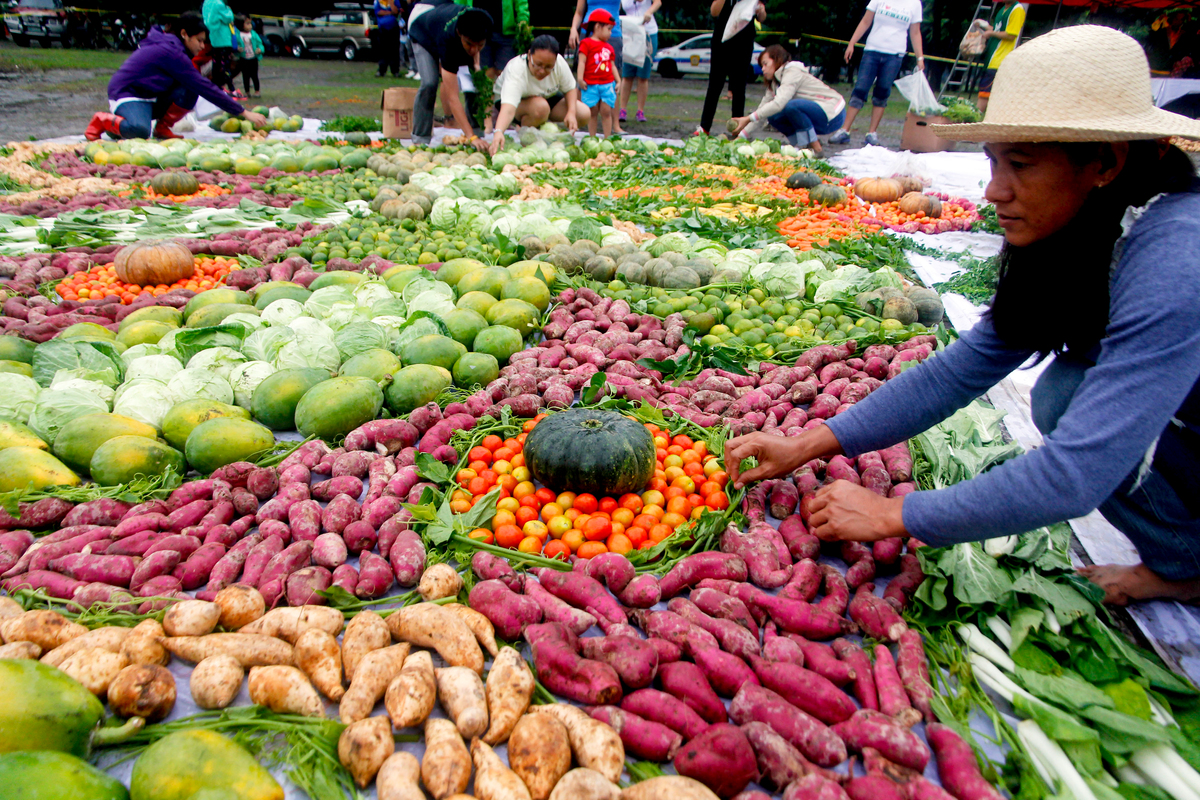Reacting to Supreme Court’s issuing a Writ of Kalikasan against the release of genetically-modified crops, Greenpeace Southeast Asia strategy and analysis director Wilhelmina Pelegrina said:
“This Supreme Court decision is a win for farmers and Filipinos who have long opposed genetically-modified (GM) crops and the harm they bring to the people and the environment. The continued support for GM crops not only threatens farmers’ livelihoods and health, but also exacerbates multiple crises of inflation, rising food, fuel prices and climate change — this development should be a wake up call for the government to start listening to farmers, mothers, and rural youth instead of agrochemical companies.

“The high court’s decision echoes what we have been saying for years: that the involved companies and agencies have yet to show concrete evidence of any benefit these crops would bring to farmers and the Filipino people. Neither have they consulted the communities and indigenous peoples that could be affected by these crops.
“We urge the government, particularly the Department of Agriculture, to reorganize its priorities in light of this development. Instead of spending much valuable resources in promoting GM crops that would only serve corporate interests, the DA should fully support and promote ecological agriculture that works with and for farmers, and which prioritizes strategies to diversify food to ensure Filipinos’ access to nutritious, healthy, balanced diets that also address problems such as malnutrition and Vitamin A deficiency. In the face of the climate emergency, we also need resilient food and farm systems grounded on ecological farming principles, rather than climate-harmful industrial agriculture.
“Amid all of this, it is our farmers who have the most to gain and lose in a sector that is already getting beaten up by a struggling economy and the worsening climate impacts. It is the government’s duty to prioritize their concerns over the multinational agrochemical industry, and we’ll all be better for it.”
Media Contact
Maverick Flores
Communications Campaigner – Greenpeace Philippines
[email protected] | +639176211552
